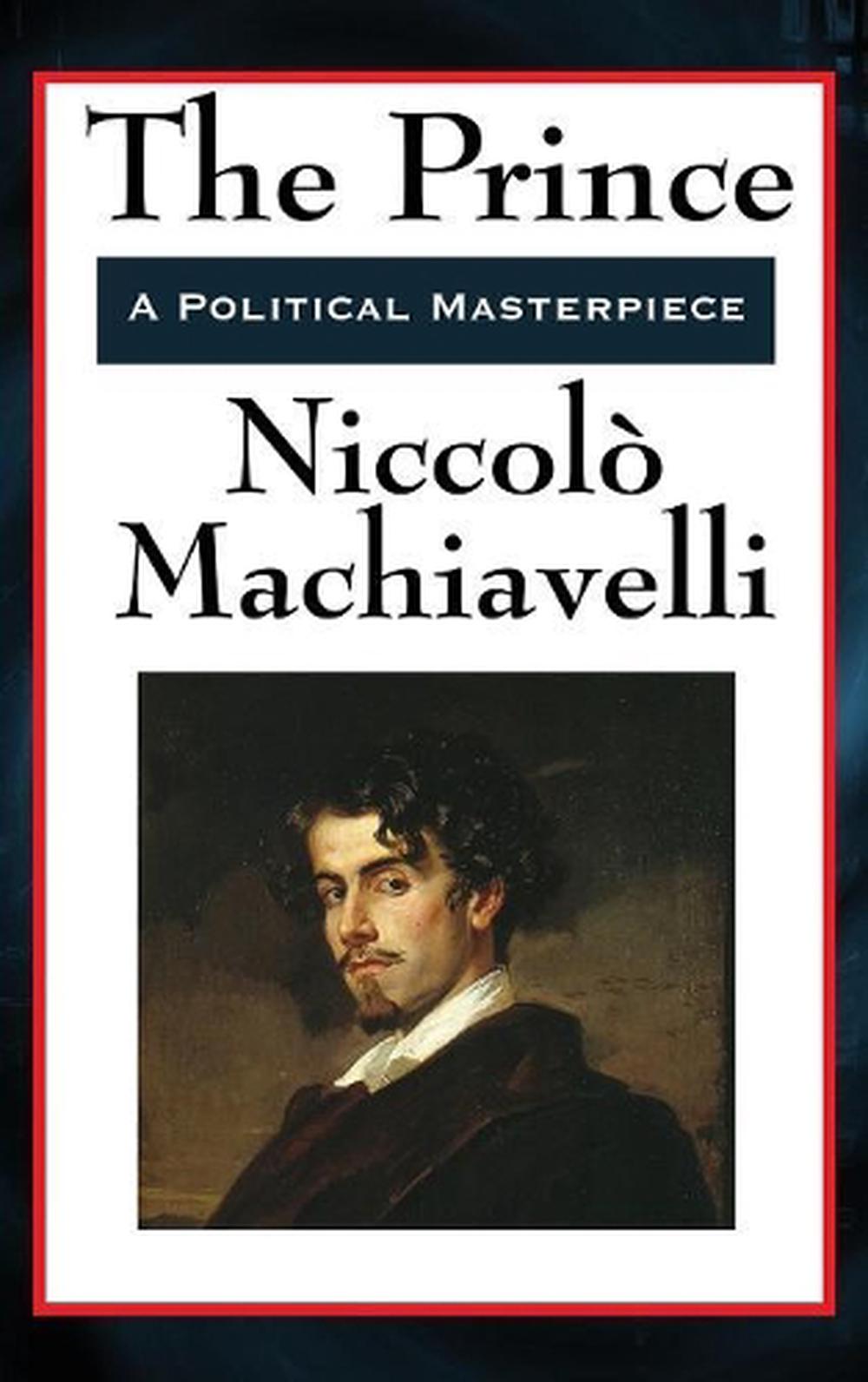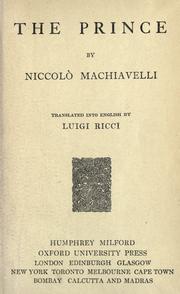
The answer, I think, has to do with the fact that this book is what we call a classic. So why are we still reading this treatise five centuries later? The most one can say about The Prince in this regard is that Kissinger and Nixon preferred it as their bedtime reading. If the truth be told, this strange little treatise for which Machiavelli is famous, or infamous, never aided-at least not in any systematic way-anyone in the actual business of governing. The Prince was not even read by the person to whom it was dedicated, Lorenzo de Medici. In the history of European or world politics, he is not nearly as important as someone like Rousseau, for instance, who in many ways laid the ideological foundation for the French Revolution, to say nothing of Marx, whose theories led to concrete social and political transformations in many 20th-century societies. For all their so-called realism, his political theories have not led to any grand social or political movements, nor has he sponsored any revolutions, nor inspired any new constitutions. One of the ironies surrounding Machiavelli is that there has never been anything resembling a Machiavellian school of thought. But here is where things start to get complicated. This is a prime example of what we call Machiavelli’s political realism-his intention to speak only of the “effectual truth” of politics, so that his treatise could be of pragmatic use in the practice of governing. Machiavelli wrote The Prince to serve as a handbook for rulers, and he claims explicitly throughout the work that he is not interested in talking about ideal republics or imaginary utopias, as many of his predecessors had done: “There is such a gap between how one lives and how one should live that he who neglects what is being done for what should be done will learn his destruction rather than his preservation.” Machiavelli was the first theorist to decisively divorce politics from ethics, and hence to give a certain autonomy to the study of politics. According to an ancient tradition that goes back to Aristotle, politics is a sub-branch of ethics-ethics being defined as the moral behavior of individuals, and politics being defined as the morality of individuals in social groups or organized communities. I would point out that, before Machiavelli, politics was strictly bonded with ethics, in theory if not in practice. If I were introducing Machiavelli to students in a political science course, I would emphasize Machiavelli’s importance in the history of political thought.

It’s a simple question but there’s no simple answer.

Let me begin with a simple question: Why are we still reading this book called The Prince, which was written 500 years ago?


 0 kommentar(er)
0 kommentar(er)
